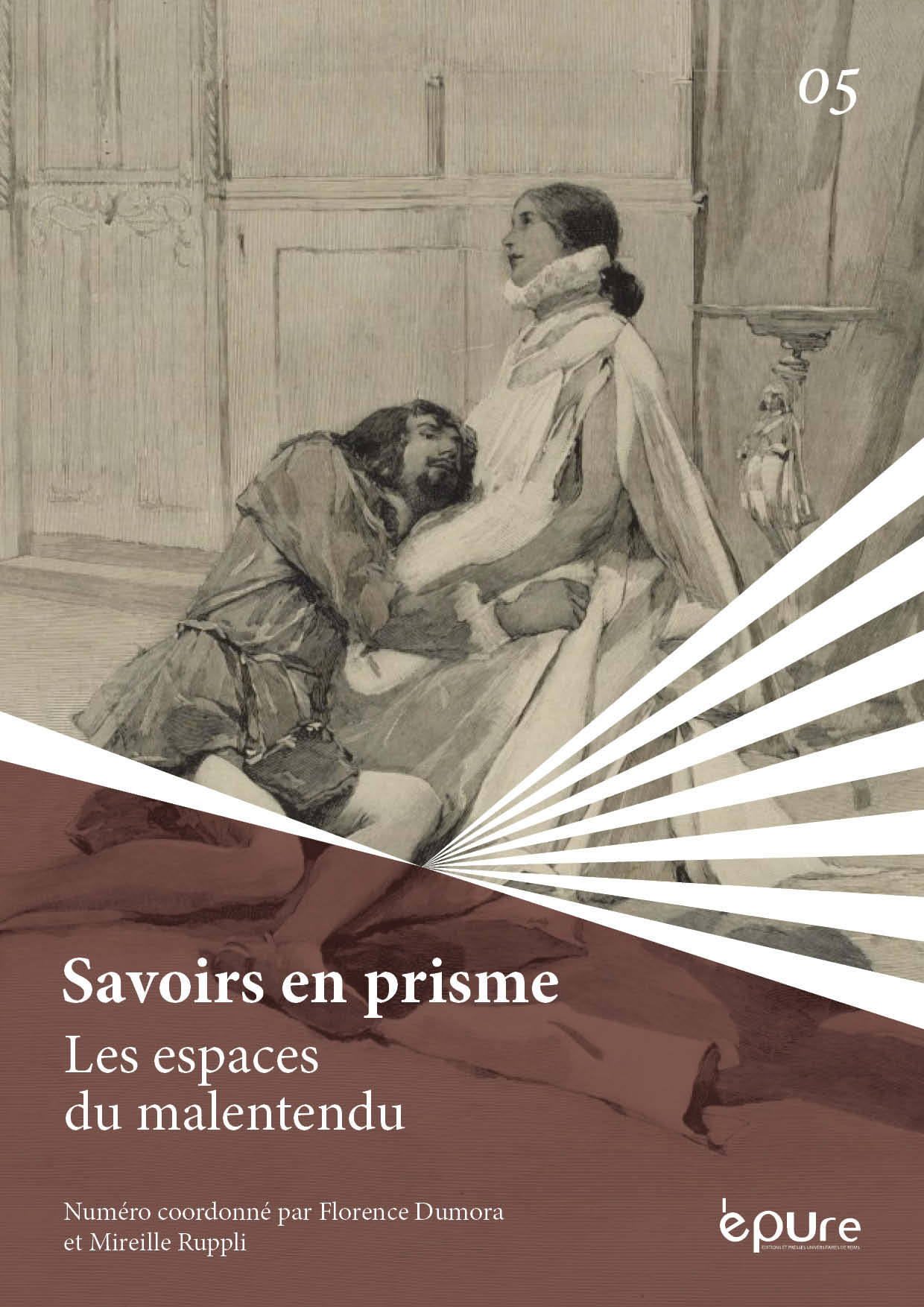A force de mal dire, le public va forcément mal entendre !
Sur l’utilisation rhétorique des termes « afflux » et « invasion » d’exilés pour justifier la gestion en urgence de leur hébergement en Suisse
Abstract
In 2014, the lack of beds for asylum seekers in Switzerland captured media headlines. To explain this housing crisis, authorities mentioned that there were an increasing number of asylum seekers, and the rising numbers were repeated on a loop by journalists. The opening of civic protection shelters, situated underground, is, with some rare exceptions, the only short-term solution considered by the cantons in Western Switzerland. Yet, in 2014, and despite the critical international geopolitical situation, in Switzerland there had not be such an « explosive » or « extraordinary » increase of asylum seekers, if one compares it to their arrival in previous years. As a consequence, if cantons struggle to find aboveground shelters, other reasons for the housing shortage must be put forward. I demonstrate that the lack of beds is due to contextual and structural factors, and especially to the fact that an increasing number of asylum seekers have the right to stay and to establish themselves in Switzerland, considering the asylum law. Why do authorities and media not propose this analysis? I formulate the hypothesis that this is due to the fact that the rhetoric of invasion, considered a « myth » by de Haas (de Haas, 2008), is integrated in the belief system. The rhetoric of invasion is a knowledge distortion that creates misunderstanding (Lazar, 2005) and is used to justify emergency politics, especially in the field of asylum seekers’ housing. The belief system is so socially anchored that it prevents journalists to investigate the real reasons of the lack of available beds for asylum seekers.
Copyright (c) 2020 Savoirs en prisme

This work is licensed under a Creative Commons Attribution-NonCommercial-ShareAlike 4.0 International License.


